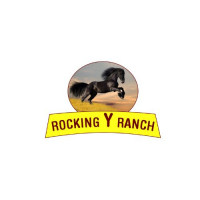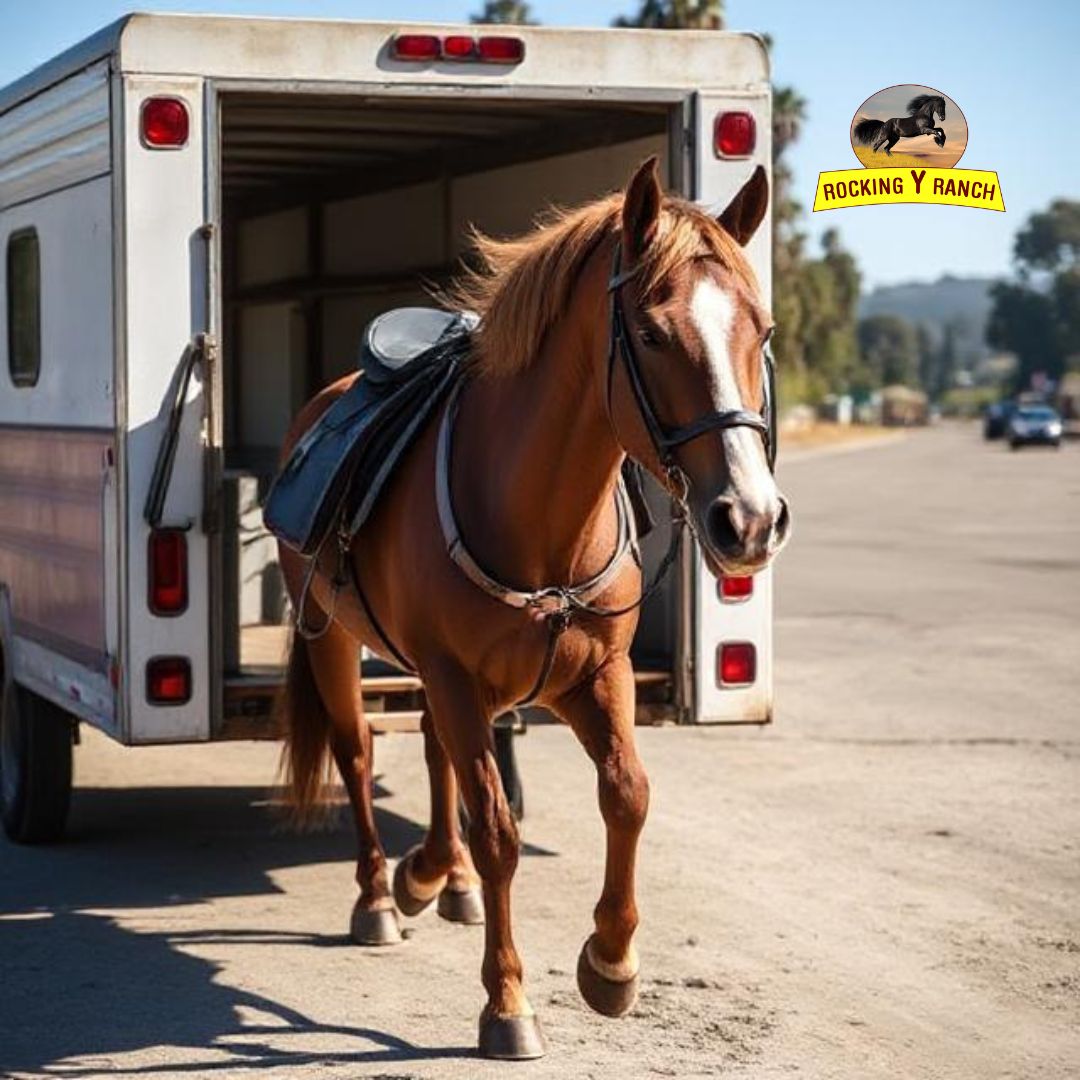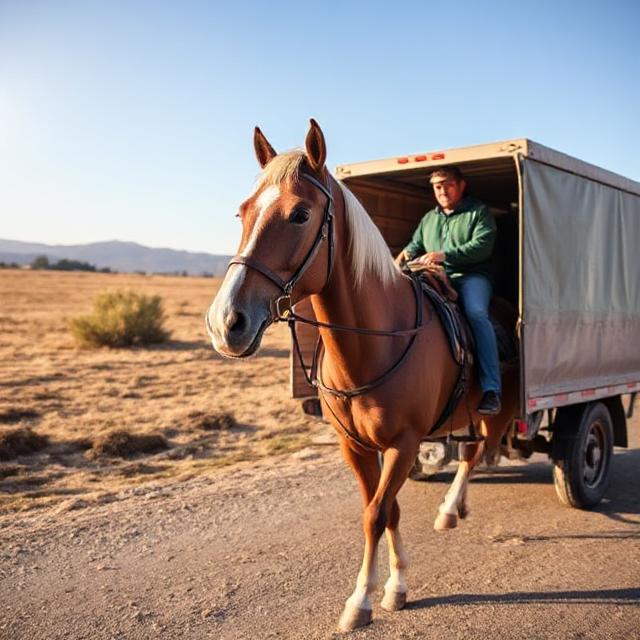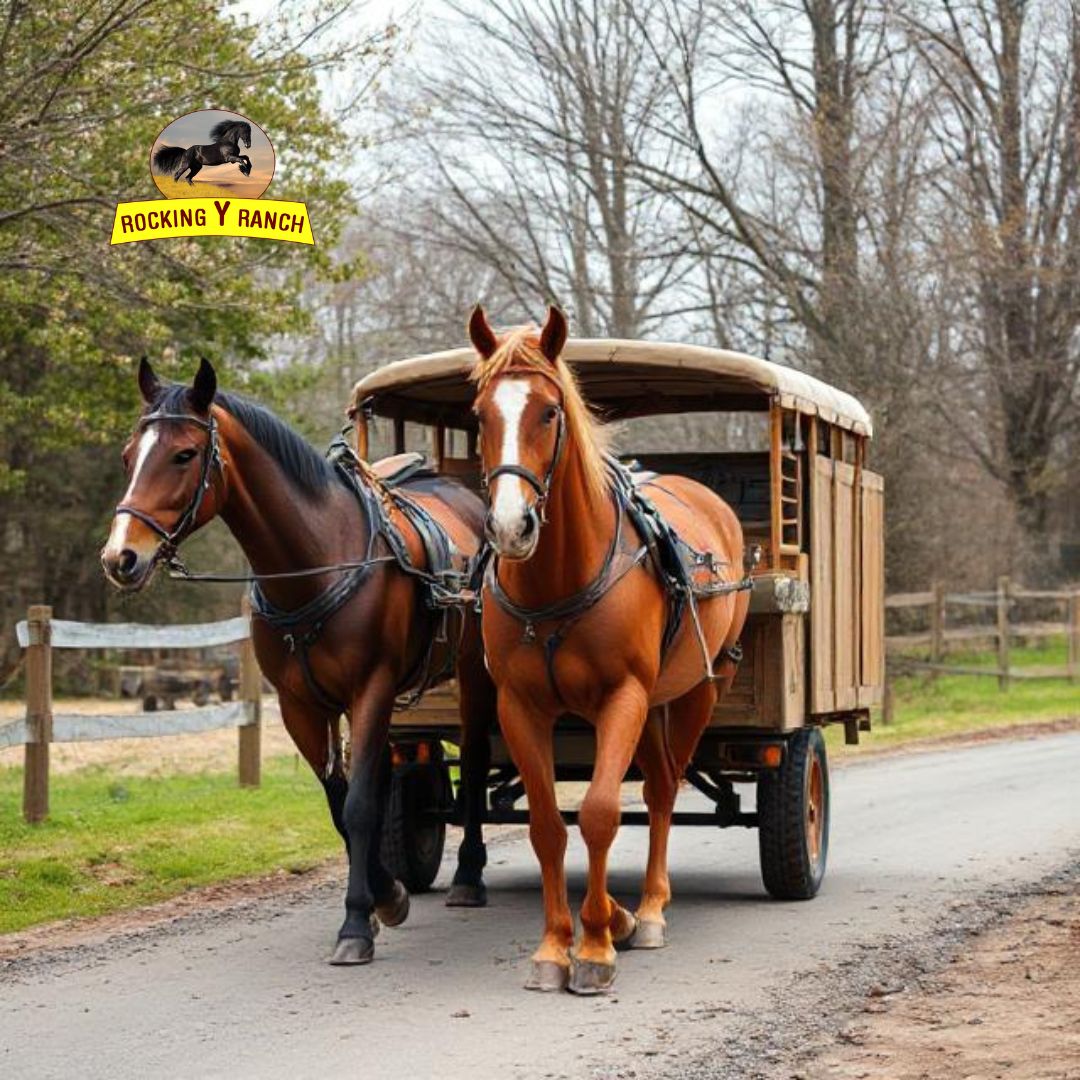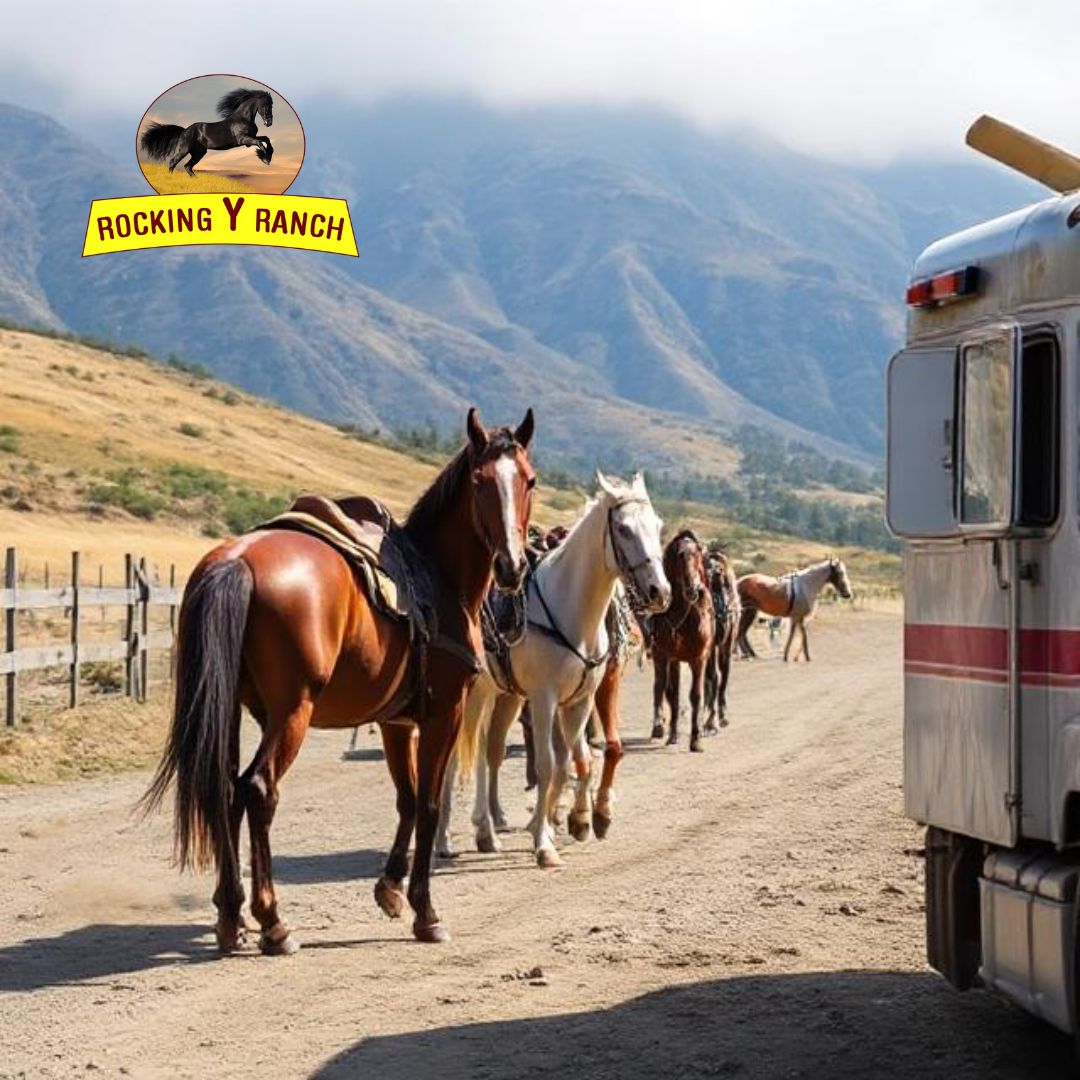Ensuring Safety and Comfort in Specialized Equine Transportation
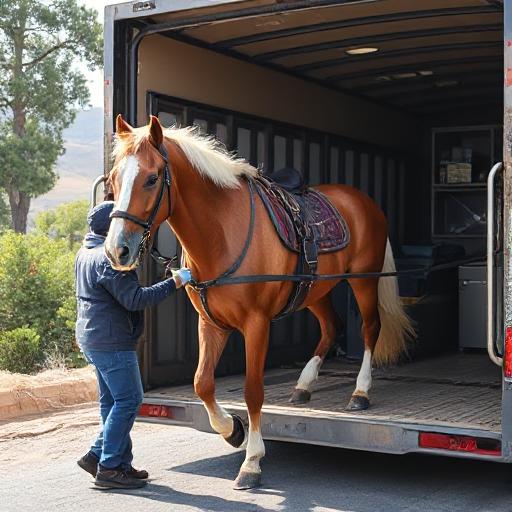
Transporting horses is far more than simply moving an animal from one location to another—it involves comprehensive planning, knowledge, and sensitivity to the specific needs of equines. Whether you're relocating a prized racehorse, a beloved companion, or a show competitor, ensuring the health, comfort, and safety of the horse during transit is paramount. This is where Specialized Equine Transportation comes into play.
Understanding the Unique Needs of Horses in Transit
Horses are highly sensitive and intelligent creatures. Unlike many animals, they are particularly vulnerable to stress, dehydration, injury, and fatigue during travel. Specialized equine transport addresses these issues by focusing on minimizing travel stress and maximizing safety.
Standard transportation services may not provide the infrastructure or expertise required for equine care during long or short-distance hauls. In contrast, specialized services are designed to cater to the specific physical and psychological requirements of horses. This includes considerations such as ventilation, noise levels, road conditions, rest periods, and diet during travel.
Custom Vehicles Designed for Comfort
At the heart of specialized horse transportation is the vehicle itself. High-quality transporters use custom-designed trailers or trucks outfitted with padded flooring, adjustable stalls, temperature control systems, and advanced suspension. These features collectively provide a stable and soothing environment, reducing the risk of injury or stress.
Ventilation is another critical aspect. Proper airflow ensures horses remain cool and comfortable, especially during warmer months. Poor ventilation can lead to overheating, dehydration, and respiratory issues. Specialized vehicles often include built-in fans, insulated walls, and strategically placed vents to ensure optimal air quality throughout the journey.
Trained and Experienced Handlers
Handling horses during transportation requires more than just knowing how to drive a trailer. It demands an understanding of equine behavior, emergency care, and travel-related health risks. Professional equine transport staff are trained to manage loading and unloading procedures, monitor the horse’s condition en route, and intervene quickly if something goes wrong.
Handlers are adept at reading a horse’s body language, recognizing signs of stress or illness, and adjusting care accordingly. Their presence alone can provide reassurance to both horse and owner, especially when transporting sensitive or high-value animals.
Planning and Preparation: The Key to Success
Successful horse transportation begins well before the journey starts. Planning includes route selection, checking for road quality, and identifying rest stops. For long-distance travel, it's essential to incorporate breaks where horses can be fed, watered, and rested.
Prior to the journey, horses should be inspected by a veterinarian to ensure they are fit for travel. This includes updating vaccinations, checking for any signs of illness, and issuing the necessary health certificates for interstate or international travel. During the trip, documentation is kept on hand and often required at various checkpoints.
Horses also need to be gradually accustomed to trailers if they’re not used to traveling. This acclimation process helps reduce anxiety and facilitates safer loading and unloading. Reputable specialized equine transportation services often assist with or guide this preparatory phase.
Equine Health and Wellbeing During Transit
Maintaining the horse’s health throughout the journey is a top priority. Dehydration is a common issue during transport, so horses must have regular access to water. Feeding schedules should be maintained as closely as possible to their regular routine to avoid digestive disruptions like colic.
Monitoring is constant during the trip. Professional transporters use onboard cameras and conduct regular physical checks to ensure that horses are standing comfortably, not exhibiting signs of distress, and are free from injury. If any issues arise, they are addressed immediately by the handler, and if necessary, a veterinarian is consulted.
For horses with special medical needs or those recovering from illness or surgery, specialized services often include climate-controlled medical transport units equipped with necessary supplies and staffed by personnel with veterinary experience.
Stress Management and Behavioral Considerations
The stress of travel can lead to behavioral changes in horses, such as nervous pacing, kicking, or refusal to load. Specialized transportation companies address these issues proactively by employing techniques that minimize anxiety. This includes keeping noise levels low, ensuring the company of a familiar handler or companion animal when possible, and designing a calm and consistent environment inside the vehicle.
Many transporters also encourage owners to send a few personal items, such as blankets or toys, to provide a sense of familiarity and comfort. Music or calming audio can sometimes be used to reduce stress, depending on the horse’s temperament.
Safety Protocols and Emergency Readiness
An often-overlooked aspect of equine transportation is preparedness for emergencies. Flat tires, mechanical issues, and accidents can all happen on the road. Specialized transport providers have contingency plans in place, including GPS tracking, emergency contacts along the route, and backup vehicles. Their staff are trained in equine first aid and emergency response, ensuring that if a problem occurs, the horse's safety and health remain the top priority.
Vehicles are routinely maintained to high standards to prevent mechanical failure, and routes are often chosen not just for efficiency but for safety—avoiding rough roads, steep inclines, or high-traffic areas when possible.
Tailored Services for Unique Needs
No two horses are exactly alike, and neither are their transport requirements. Some may require extra space, a particular feed, or a travel schedule that avoids night hours. Others might need to travel in isolation due to temperament or health issues.
Specialized equine transportation services take all these factors into account. They offer customizable plans, from solo stalls to group arrangements, from door-to-door pickup and delivery to overnight boarding services. These tailored solutions allow owners to be confident that their horse’s unique needs are met throughout the trip.
The Owner’s Role in Smooth Transportation
While professional transporters handle the logistics, horse owners also play a vital role in the success of the journey. Providing detailed information about the horse’s habits, preferences, medical history, and temperament helps transport teams offer the most appropriate care.
Owners should also ensure that horses are properly groomed before travel, with hooves cleaned and appropriately shod. Any items such as halters, lead ropes, feed, or medications should be clearly labeled and packed securely.
Clear communication between owner and transporter, both before and during the journey, builds trust and ensures that any special instructions are followed closely.
Conclusion
Transporting horses is a task that demands a balance of expertise, preparation, and compassion. Specialized Equine Transportation provides peace of mind to owners and a safer, more comfortable experience for horses. By focusing on the specific needs of each animal, investing in the right equipment, and employing skilled handlers, these services ensure that equine travel is as seamless and stress-free as possible.
As equestrian sports, breeding programs, and horse ownership continue to grow globally, the demand for professional, horse-centered transport solutions will only increase. Choosing a specialized service isn’t just about getting from point A to point B—it’s about treating every horse with the respect and care they deserve throughout the entire journey.
Note: IndiBlogHub features both user-submitted and editorial content. We do not verify third-party contributions. Read our Disclaimer and Privacy Policyfor details.

